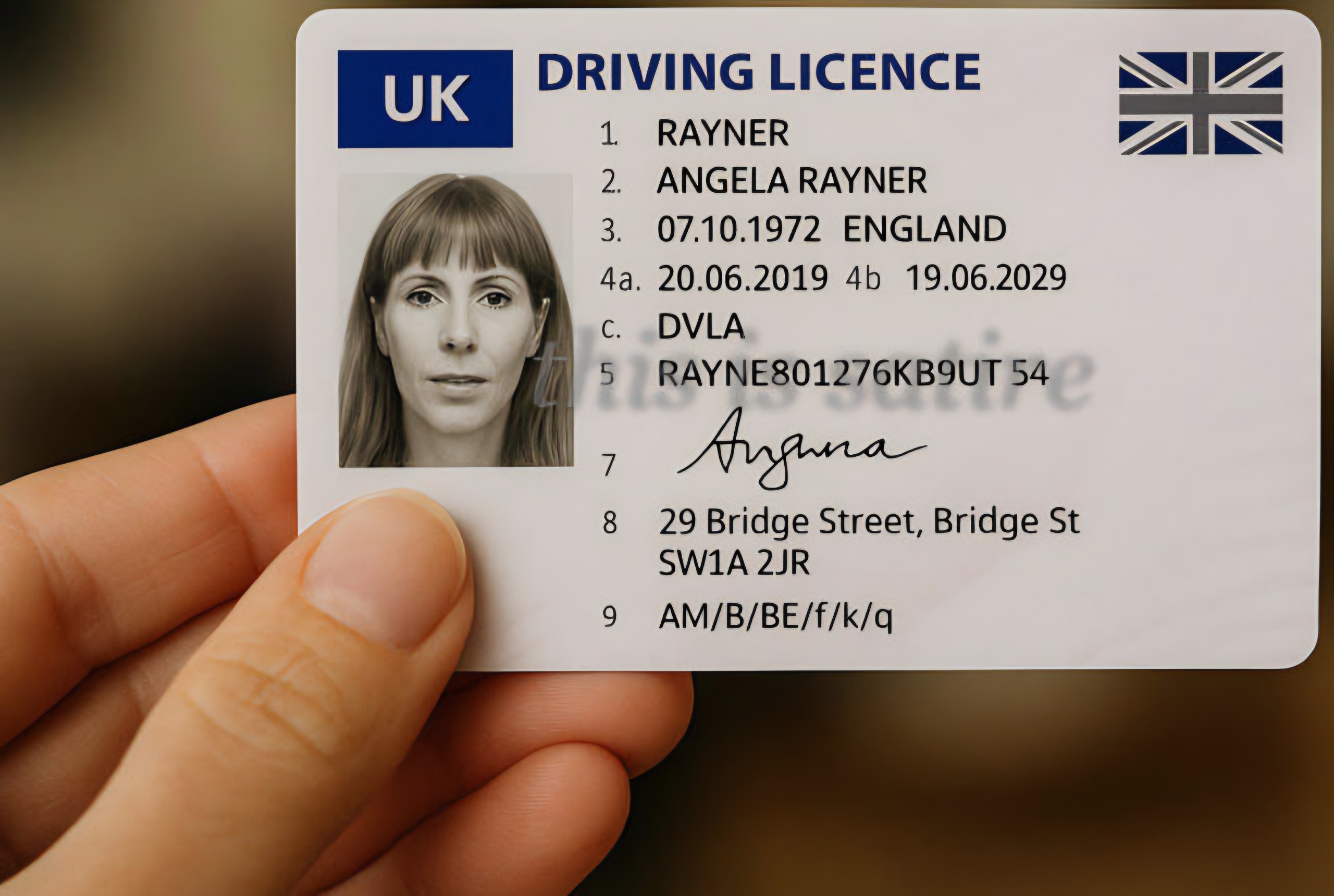Unknown Soldier
Member

Mozilla warns Germany could soon declare ad blockers illegal
A recent ruling from Germany's Federal Supreme Court (BGH) has revived a legal battle over whether browser-based ad blockers infringe copyright, raising fears about a potential ban of the tools in the country.
www.bleepingcomputer.com
A recent ruling from Germany's Federal Supreme Court (BGH) has revived a legal battle over whether browser-based ad blockers infringe copyright, raising fears about a potential ban of the tools in the country.
The case stems from online media company Axel Springer's lawsuit against Eyeo - the maker of the popular Adblock Plus browser extension.
Axel Springer says that ad blockers threaten its revenue generation model and frames website execution inside web browsers as a copyright violation.
This is grounded in the assertion that a website's HTML/CSS is a protected computer program that an ad blocker intervenes in the in-memory execution structures (DOM, CSSOM, rendering tree), this constituting unlawful reproduction and modification.
Previously, this claim was rejected by a lower-level court in Hamburg, but a new ruling by the BGH found the earlier dismissal flawed and overturned part of the appeal, sending the case back for examination.
Mozilla's Senior IP & Product Counsel, Daniel Nazer, delivered a warning last week, noting that due to the underlying technical background of the legal dispute, the ban could also impact other browser extensions and hinder users' choices.
"There are many reasons, in addition to ad blocking, that users might want their browser or a browser extension to alter a webpage," Nazer says, explaining that some causes could stem from the need "to improve accessibility, to evaluate accessibility, or to protect privacy."
As per BGH's ruling, Springer's argument needs to be re-examined to determine if DOM, CSS, and bytecode count as a protected computer program and whether the ad blocker's modifications are lawful.
"It cannot be excluded that the bytecode, or the code generated from it, is protected as a computer program, and that the ad blocker, through modification or modifying reproduction, infringed the exclusive right thereto," reads BGH's statement (automated translation).
While ad blockers haven't been outlawed, Springer's case has been revived now, and there's a real possibility that things may take a different turn this time.
Mozilla noted that the new proceedings could take up to a couple of years to reach a final conclusion. As the core issue is not settled, there is a future risk of extension developers to be held liable for financial losses.
Mozilla explains that, in the meantime, the situation could cause a chilling effect on browser users' freedom, with browser developers locking down their apps further, and extension developers limiting the functionality of their tools to avoid legal troubles.




